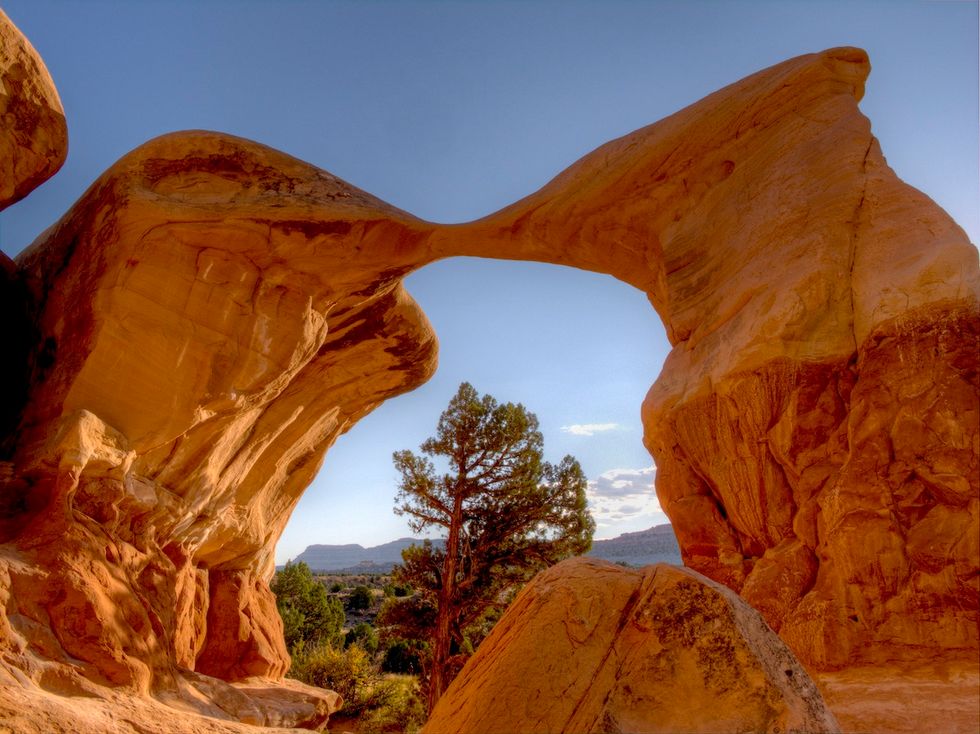During the 19th to 20th-century, the United States underwent a period of government corruption known as the Gilded Age.
Coined by the famous, Mark Twain, the Gilded Age in the United States marked a period in our history where corruption ran amok in politics and corporations had no regulations.
Following the Gilded Age, the United States’ saw an emergence of the Progressive Era, in which politicians such as Theodore Roosevelt Jr., held themselves as progressives and sought ways to end corruption in government and regulate corporations in the United States.
Theodore Roosevelt, also known as Teddy Roosevelt, was the famous Rough Rider, explorer, and the 25th President of the United States, Roosevelt’s progressive approach to politics allowed him to pass regulations stopping and improving corporations.
For Roosevelt, the preservation of American natural beauty was part of the regulating big corporations, by signing the 1906 Antiquities Act, Roosevelt allowed the federal government to preserve America's natural and historical sites. Making any defacing of natural monuments or historical sites a federal crime.
"it is also vandalism wantonly to destroy or to permit the destruction of what is beautiful, whether it be a cliff, a forest, or a species of mammal or bird. Here in the United States we turn our rivers and streams into sewers and dumping-grounds, we pollute the air, we destroy forests, and exterminate fishes, birds, and mammals -- not to speak of vulgarizing charming landscapes with hideous advertisements. But at last, it looks as if our people were awakening" - Theodore Roosvelt Jr.
The 1906 Antiquities Act, has for many years preserved American natural and historical beauty that extends thousands of year back.
Allowing sites such as Bears Ears and Grand Staircase Escalante In Utah to be reduced 85% to let big corporations and others to storm in and deface our history is a significant loss for American history.






















